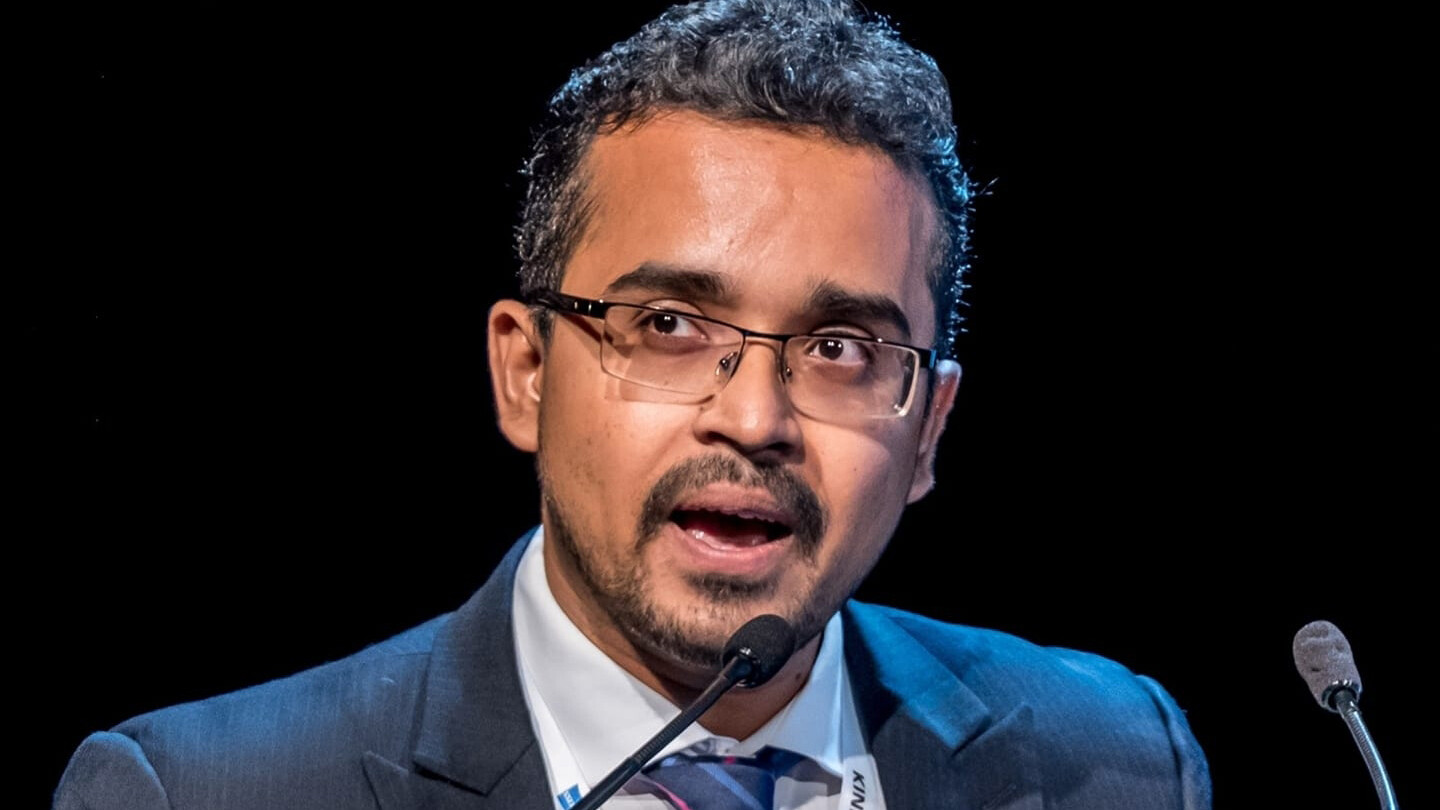European Association of Neurosurgical Societies Ranks an Article Conducted at Turku as One of the Best in 2019–2020
The European Association of Neurosurgical Societies (EANS) has nominated an original innovative clinical research article conducted at the University of Turku and Turku University Hospital as one of the three best clinical papers of the years 2019–2020. The first author of the article, Specialising Medical Doctor Iftakher Hossain, was also selected for the 3rd position of the Aesculap EANS Research Prize 2020.
Traumatic brain injury (TBI) belongs to major global health problems with more than 50 million new cases annually. Although the severity of TBI has been traditionally classified by the Glasgow Coma Scale (GCS), which gives a measure of the level of consciousness, the milder end of “the most complex disease in the most complex organ” reflects a gradually evolving process that arises a diagnostic dilemma.
About 50% of patients with mild TBI (mTBI) suffer from neurological, cognitive and behavioral symptoms for days to weeks, and 5% – 15% of patients have residual symptoms after one year, despite of the normal acute primary head computed tomography (CT).
– There is no clinically validated prediction model for mTBI, which could help to stratify the patients who might have worse long-term outcome. Despite of many years of research on blood-based biomarkers in mTBI, their role remains unclear, says Hossain.
Studies focusing on the outcome prediction abilities of the blood biomarkers utilising acute body fluid samples are also rare. Some studies have reported the abilities of brain-enriched glial fibrillary acidic protein (GFAP) and ubiquitin C-terminal hydrolase L1 (UCH-L1) in outcome prediction of mTBI, but studies on GFAP and axonal biomarkers are scarce in this regard.
In 2019, Hossain et al. reported that the levels of GFAP and neurofilament light (NF-L) during the first 24 hours after admission, measured by ultrasensitive single molecule array (Simoa) assay significantly correlated with the outcome in patients with mTBI.
It has also been found that the levels of NF-L could differentiate patients with unfavorable recovery and incomplete outcome from favorable recovery and complete outcome, respectively, in a well-characterized cohort. Moreover, the levels of NF-L within 24 hours from arrival have a significant predictive value in mTBI in a multivariate model. Since NF-L is mainly expressed in subcortical myelinated axons of white matter, it might be able to provide more helpful information for the early diagnosis of diffuse axonal injury (DAI), the most common mechanism of mTBI.
Recently, the FDA has approved GFAP and UCH-L1 for the rapid diagnosis of concussion.
– Our multicentre-based research group (UK, Finland, Sweden and Switzerland) is validating the potential blood biomarkers for their precise use in the clinical settings, says Hossain.
Importantly, the study findings suggest that NF-L could be used as an outcome predictor in the emergency setting to stratify the patients who could have diffuse axonal injuries, which are not possible to diagnose by traditional CT scan.
– Lately, we are conducting a novel study correlating the acute blood levels of NF-L and the parameters of Diffusion Tensor Imaging (DTI) in case of patients with mild TBI. This study is a continuation of the aforementioned published one. This might help to identify the patients who need better rehabilitation, as well as develop pharmacological intervention, adds Hossain.
Moreover, this project also suggests that NF-L protein could be used as a concussion marker in case of contact sport players who often have to give up their careers due to improper timing of returning to the game after a concussion.
– It is expected that using the serum biomarkers will not only reduce the costs of unnecessary imaging, but also will reduce the exposures to excessive imaging. Altogether, it will significantly help to reduce the socio-economic burden for the ideal management of patients with TBI, summarises Hossain.
Hossain is currently working as a specialising doctor and a senior scientist in the Division of Neurosurgery at the University of Cambridge and Addenbrooke’s Hospital, Cambridge, UK and he would like to continue a close collaboration between the University of Cambridge and University of Turku. Hossain will be defending his PhD thesis at the University of Turku during autumn 2020.
– I would like to thank Professor Risto Roine, Adjunct Professor Jussi Posti, and other colleagues in Turku for their valuable guidance and collaboration, emphasises Hossain.
Hossain has also been nominated for the committee member of the EANS trauma section and awarded the Integra EANS Research Grant Award 2018 for the best neurotrauma project in the EU.
